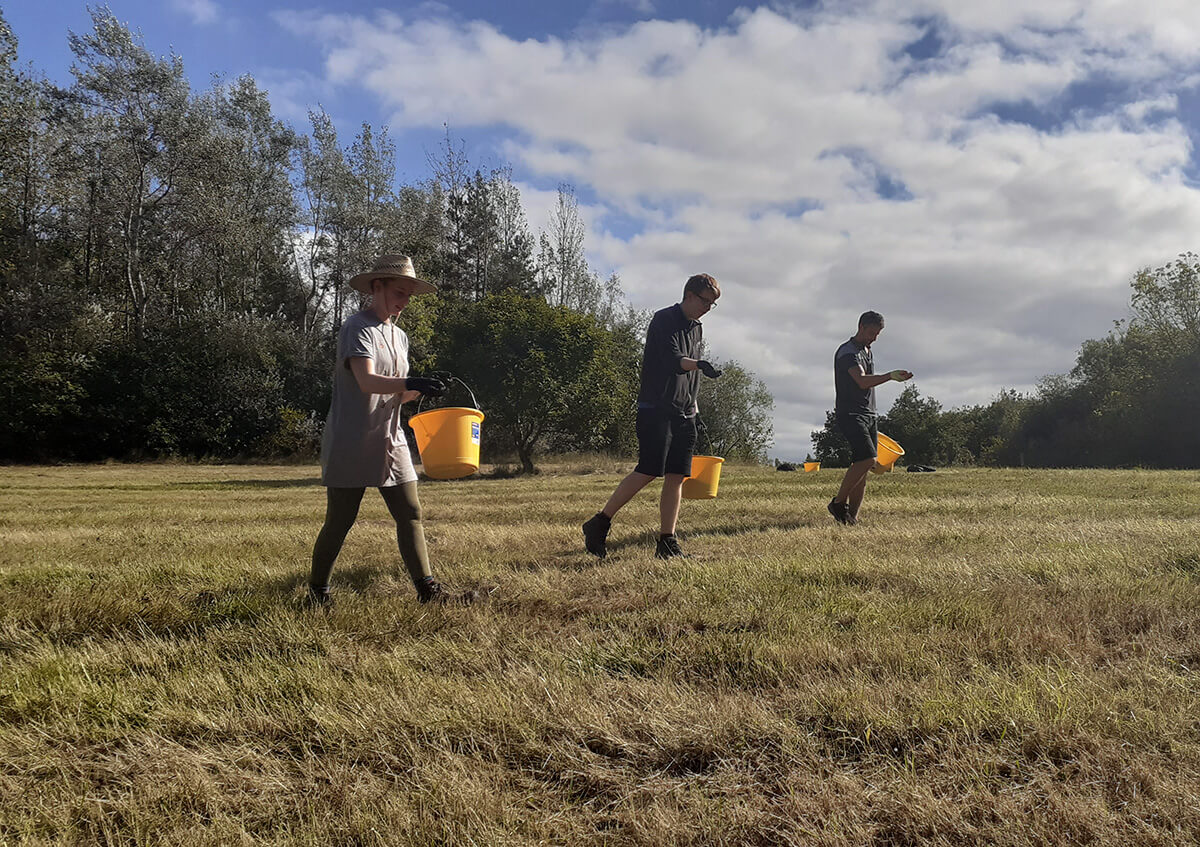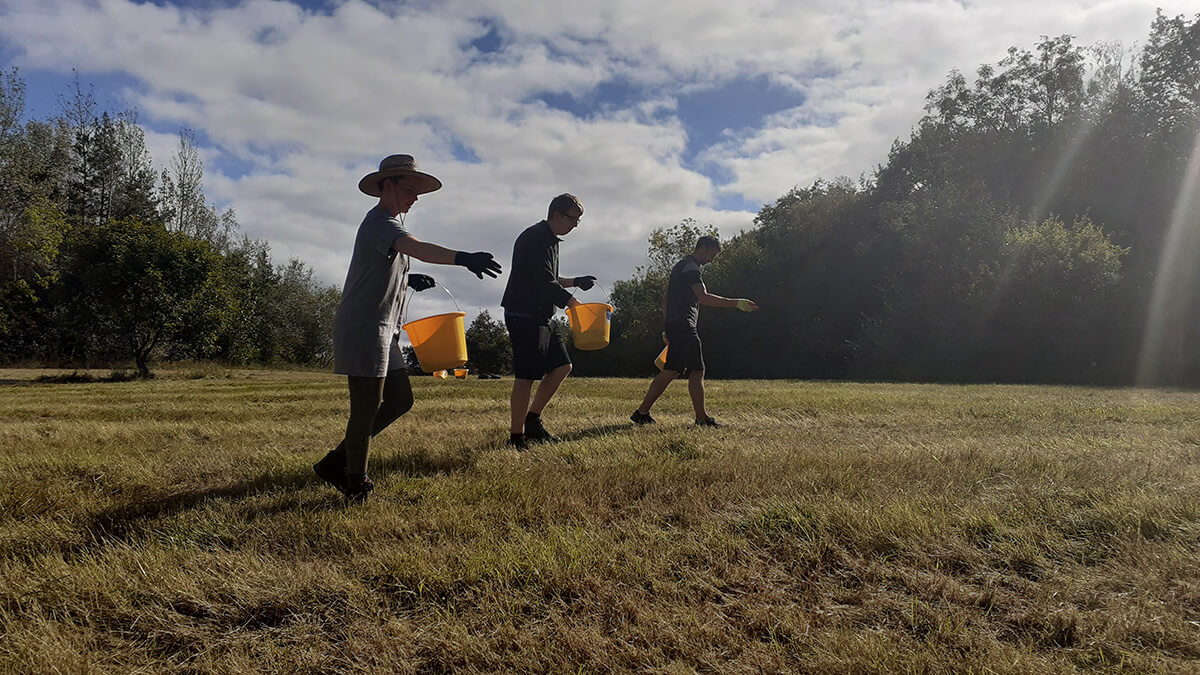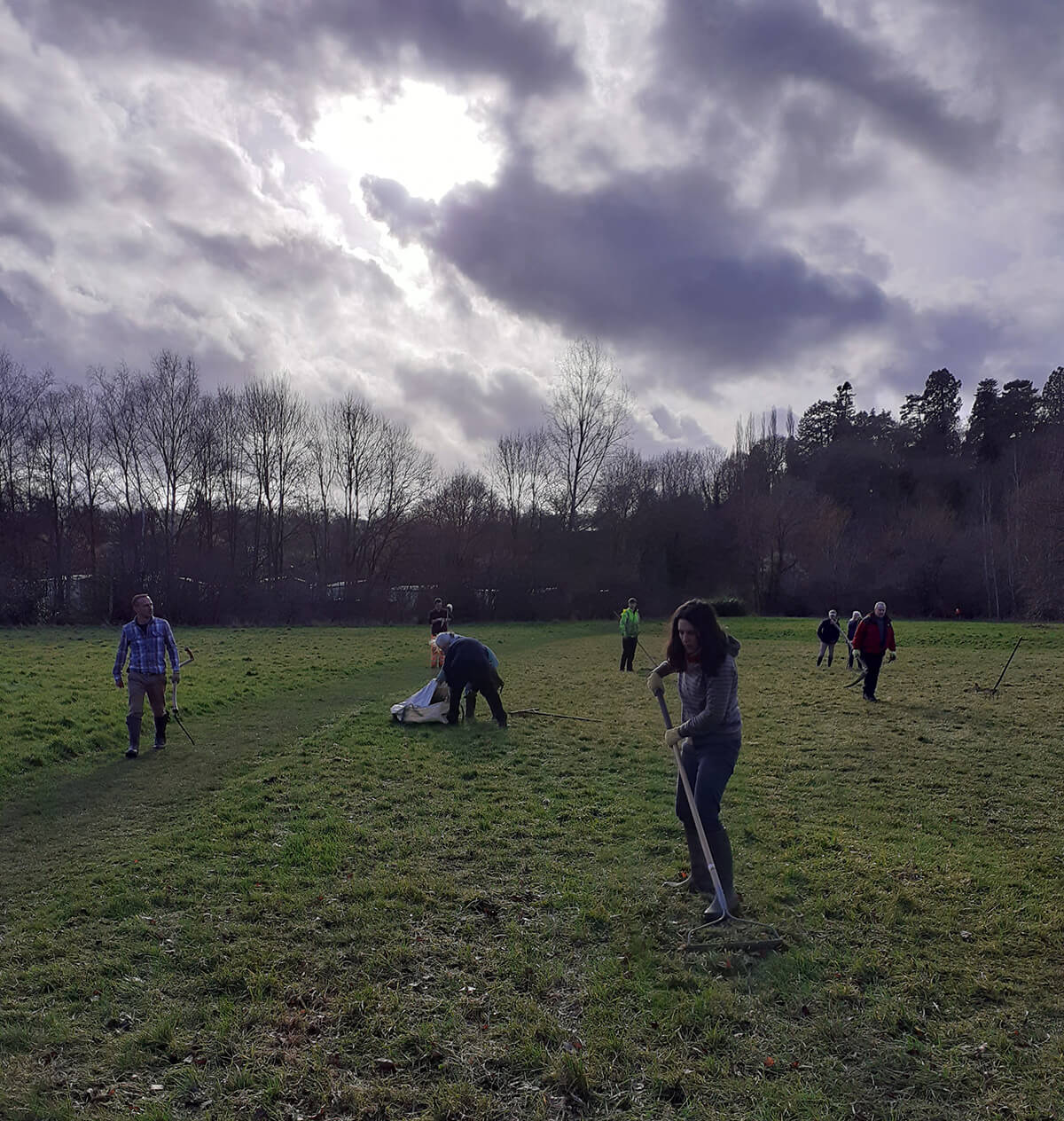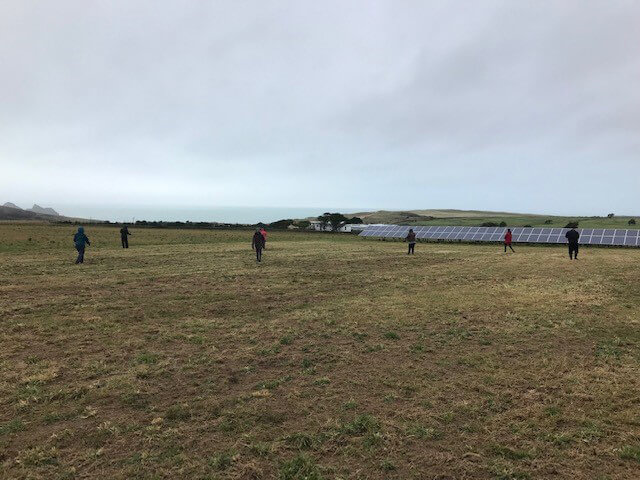Tetractys Partners LLP supported the planting of 1.56 hectares of wildflowers in the UK in 2022
Tetractys Partners LLP has chosen to help restore wildflower meadows in the UK. We all see wildflowers as beautiful and great for our well-being, but for the thousands of pollinating insects that share this land with us, wildflowers are vital. There’s a problem - pollinators are finding themselves in isolated oases, walled in by agricultural land, urban landscapes, roads, and gardens. What humans see as neat and tidy; insects see as desert! Since 1940 we’ve lost ninety seven percent of our flower rich meadows and hundreds of our pollinator species are in decline.
Tetractys Partners LLP is part of a beautiful solution to the problem by helping to restore B-Lines – a network of insect pathways along which we are restoring and creating wildflower rich habitat. These insect super highway created in partnership with GreenTheUK and Buglife will extend across the whole of the UK, allowing wildlife to move freely through our countryside and towns.

Site 1 in Cornwall (0.36 hectares plantes)
Meadow creation using a standard wildflower mixed enhanced with the addition of Scabious as part of the North Cornwall B-Lines project. This area will be particulalrly beneficial to three of our rarest bees: the Large Scabious Mining Bee, the Brown-banded Carder Bee and the Buff-banded Mining Bee
Site 2 in Well Meadows, Bridgnorth on the Severn (1.2 hectares planted)
Meadow creation using a standard wilflower mix as part of the Severn B-Lines project in Shropshire creating a functional 10 mile section of connectivity from Bridgnorth to Whitchurch enabling our pollintors to move with ease along this section of the River Severn.
Wildflowers & Grasses Planted

UN's Sustainable Development Goals
As a GreenTheUK partner, you support projects that are in line with the UN Sustainable Development Goals.

Take urgent action to combat climate change and its impacts.

Sustainably manage forests, combat desertification, halt and reverse land degradation, halt biodiversity loss.

































































